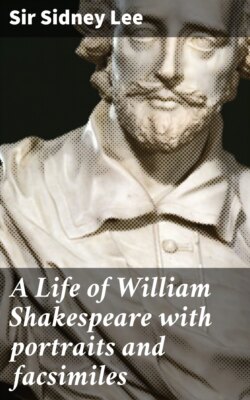Читать книгу A Life of William Shakespeare with portraits and facsimiles - Sir Sidney Lee - Страница 28
На сайте Литреса книга снята с продажи.
Poaching at Charlecote.
ОглавлениеTable of Contents
Shakespeare’s early literary work proves that while in the country he eagerly studied birds, flowers, and trees, and gained a detailed knowledge of horses and dogs. All his kinsfolk were farmers, and with them he doubtless as a youth practised many field sports. Sympathetic references to hawking, hunting, coursing, and angling abound in his early plays and poems. [27] And his sporting experiences passed at times beyond orthodox limits. A poaching adventure, according to a credible tradition, was the immediate cause of his long severance from his native place. ‘He had,’ wrote Rowe in 1709, ‘by a misfortune common enough to young fellows, fallen into ill company, and, among them, some, that made a frequent practice of deer-stealing, engaged him with them more than once in robbing a park that belonged to Sir Thomas Lucy of Charlecote near Stratford. For this he was prosecuted by that gentleman, as he thought, somewhat too severely; and, in order to revenge that ill-usage, he made a ballad upon him, and though this, probably the first essay of his poetry, be lost, yet it is said to have been so very bitter that it redoubled the prosecution against him to that degree that he was obliged to leave his business and family in Warwickshire and shelter himself in London.’ The independent testimony of Archdeacon Davies, who was vicar of Saperton, Gloucestershire, late in the seventeenth century, is to the effect that Shakespeare ‘was much given to all unluckiness in stealing venison and rabbits, particularly from Sir Thomas Lucy, who had him oft whipt, and sometimes imprisoned, and at last made him fly his native county to his great advancement.’ The law of Shakespeare’s day (5 Eliz. cap. 21) punished deer-stealers with three months’ imprisonment and the payment of thrice the amount of the damage done.
